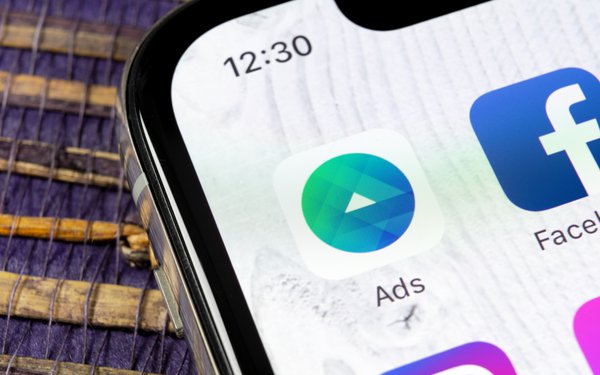
Advocacy organizations are protesting Apple's decision
to delay rolling out a new anti-tracking feature that would make it harder for app developers to track people in order to serve them ads.
“As Apple knows well, the widespread practice of
tracking technology users’ online activity without their informed consent violates the fundamental human right to privacy,” Amnesty International, the Electronic Frontier Foundation, New
America’s Open Technology Institute and other groups said Wednesday in a letter to CEO Tim Cook.
“We are particularly concerned by reports that the delay -- which Apple says will
give developers time to make the necessary changes -- was due to pressure from Facebook and other companies whose business models are rooted in nonconsensual data collection at a global scale,”
the advocacy organizations add.
advertisement
advertisement
Apple's new operating system, like previous ones, will include Apple's “identifier for advertising” -- an alphanumeric string that allows developers
to track mobile users across different apps. Unlike previous operating systems, iOS14 will ask consumers to decide whether to allow tracking on an app-by-app basis.
The new setting was
originally slated for release this autumn, but Apple recently said it would delay the release until next year.
“This is a great disappointment to the civil and human rights
community,” the watchdogs write. “Instead of backing down because the business models of other companies rely on nonconsensual data collection, Apple should stand up for its users’
right to privacy.”
The ad industry opposes the
new opt-in setting, arguing that it will deprive companies of ad revenue.
But the privacy groups say Apple's decision to delay the feature will “continue to enable other companies’
mass privacy violations.”
The organizations say the postponement enables political campaigns to send people personalized ads during the current election cycle.
A release date of
next year will also “leave iOS users vulnerable to rising levels of government surveillance triggered by the ongoing COVID-19 pandemic,” the groups write.